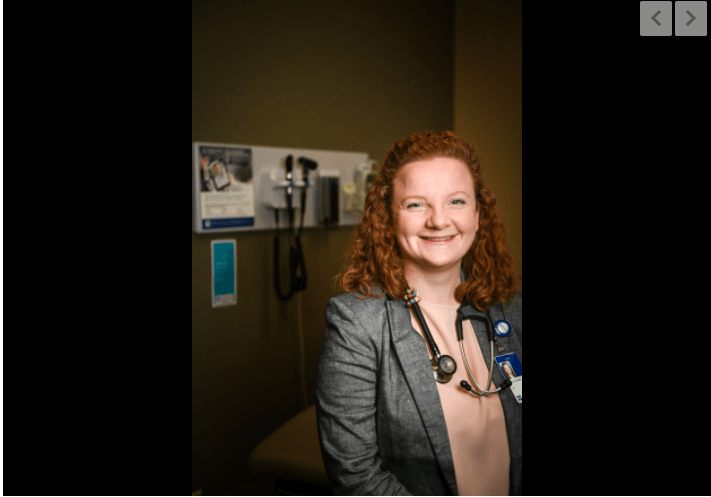Dr. Aubrey Riefe could have gone anywhere to practice medicine.
As a doctor of osteopathy and a family medicine practitioner, Riefe had plenty of employment options after graduating from medical school and completing her residency last year in Milwaukee.
“I started talking to both Genesis (Health System) and UnityPoint back in February 2020, but that was when COVID hit, so the process got slower,” Riefe said. “I signed with UnityPoint in June 2020.
“I felt in demand,” she said.
Dr. Nader Ailabouni, also a family medicine practitioner, said he too, was in high demand. He was hired by Genesis Health Group in 2018. Ailabouni moved to the Quad-Cities from the Minneapolis area, although he could have gone anywhere.
“Within family medicine there always seem to be offers for jobs that are sent to me from all over the country,” Ailabouni said. “I have even gotten offers for jobs in family practice from New Zealand. That is pretty awesome. So objectively, it seems like there is a significant demand in family practice and primary care.”

